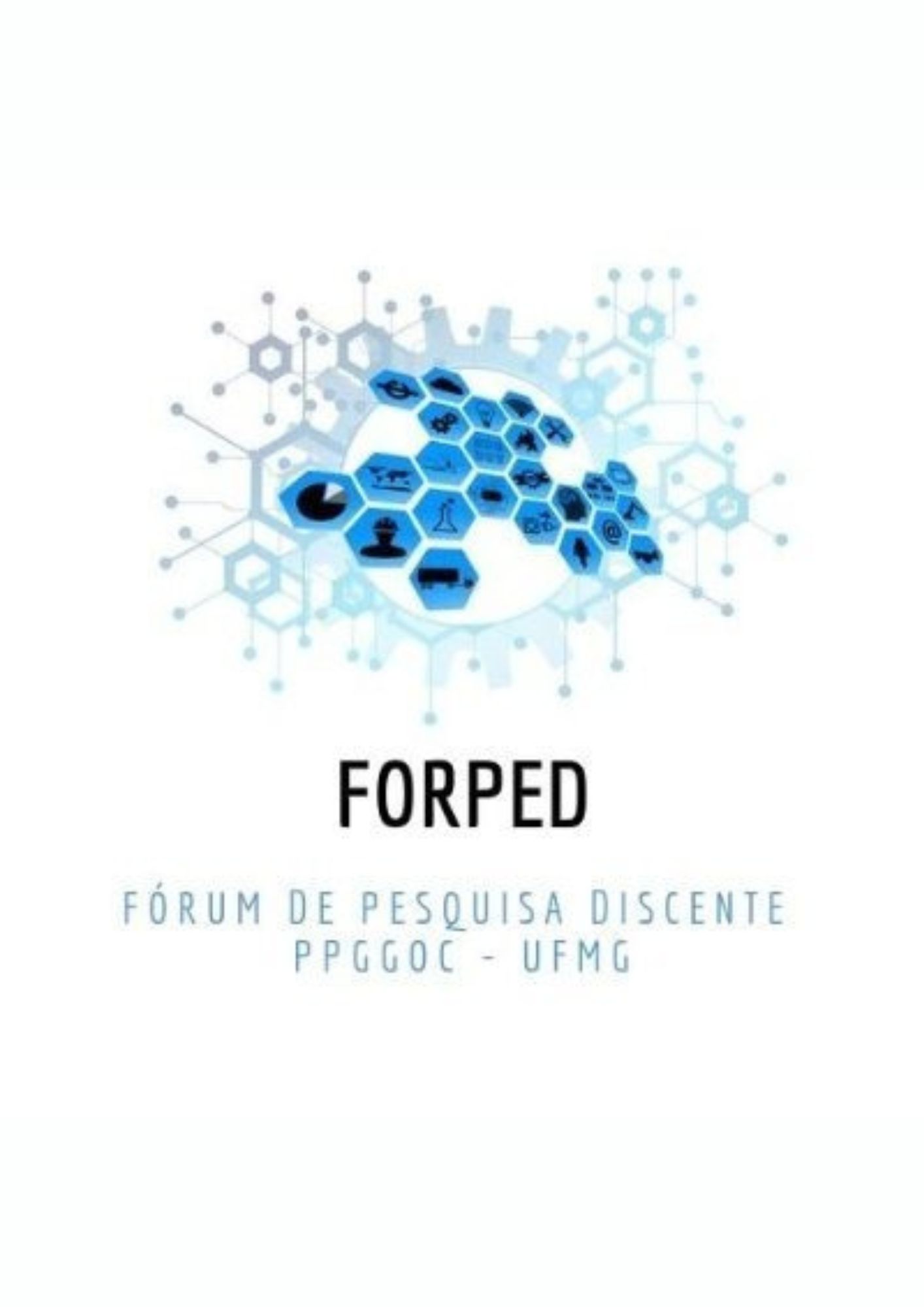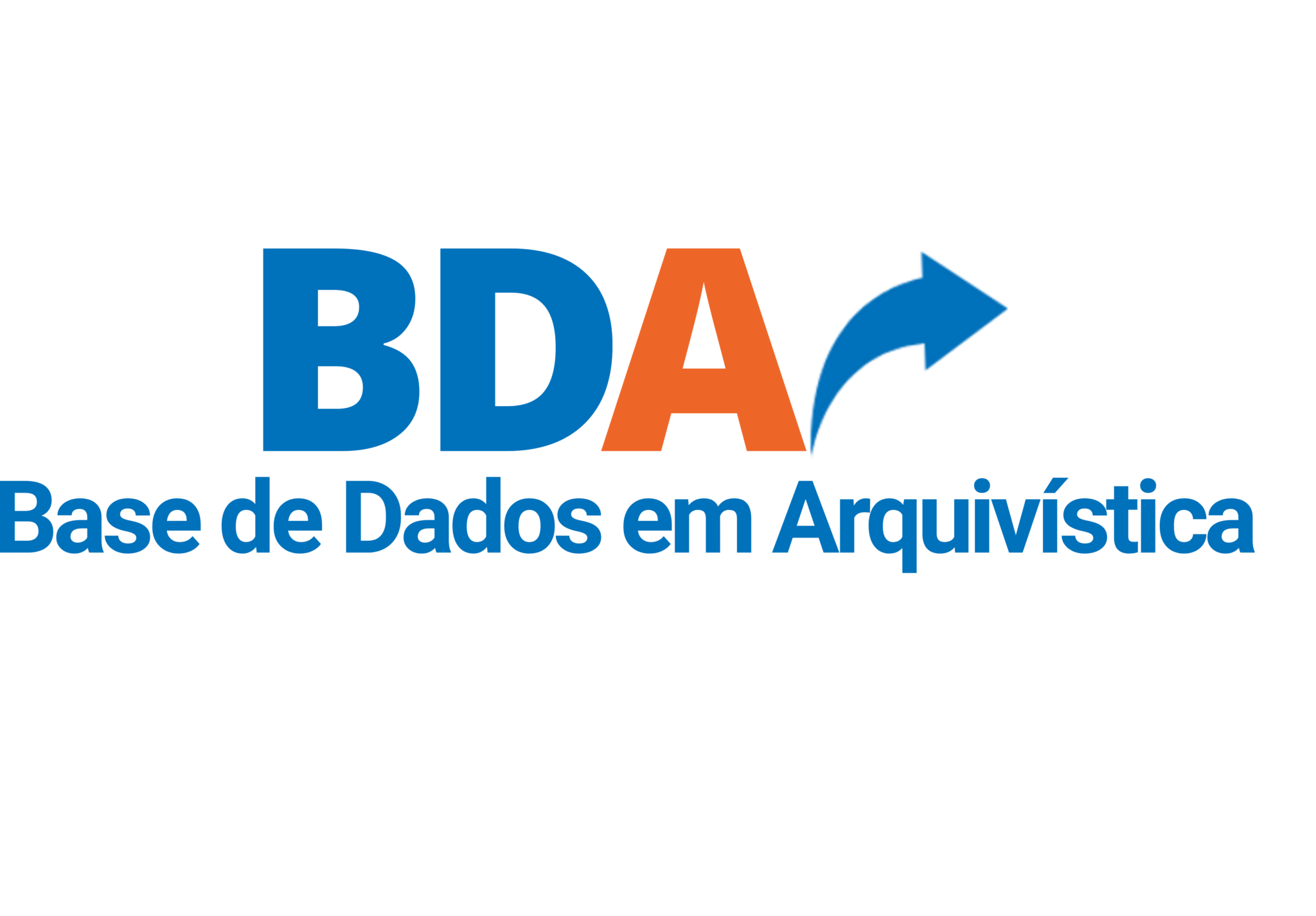The knowledge management in the context of telework due to social isolation
DOI:
https://doi.org/10.35699/2237-6658.2021.37267Keywords:
Knowledge Management (KM), COVID-19, Pandemic, Telecommuting, Home OfficeAbstract
The year of 2020 presented us with a chaotic situation that killed countless people. The pandemic caused by COVID-19 changed the routine of people and companies and made the use of information and communication technologies essential for the progress of a good part of professional, personal and educational activities. Due to the limitations of the encounter between people, an effective social interaction and exchange of experiences was greatly impaired. Given this scenario, it was carried out from a literature review that deals with Knowledge Management (KM) in the context of Telework. The findings demonstrate that KM can be a possible solution for recording, using and disseminating the knowledge generated by employees.
Downloads
References
ALLCOTT, Hunt et al. Polarization and Public Health: Partisan Differences in Social Distancing During the Coronavirus Pandemic. Rochester, NY: Social Science Research Network, 2020. SSRN Scholarly Paper. Disponível em: https://papers.ssrn.com/abstract=3574415. Acesso em: 14 jun. 2020.
ALVARENGA NETO, RIVADÁVIA CORREA DRUMMOND. Gestão do Conhecimento em Organizações: proposta de mapeamento conceitual integrativo. São Paulo: Saraiva, 2013.
BAPTISTA, João et al. Digital work and organisational transformation: Emergent Digital/Human work configurations in modern organisations. The Journal of Strategic Information Systems, [s. l.], v. 29, n. 2, p. 101618, 2020.
BARBOSA, Ricardo Rodrigues. Gestão da informação e do conhecimento: origens, polêmicas e perspectivas. Informação & Informação, [s. l.], v. 13, n. 1esp, p. 1–25, 2008.
BITTENCOURT, Renato Nunes. Pandemia, isolamento social e colapso global. Revista Espaço Acadêmico, [s. l.], v. 19, n. 221, p. 168–178, 2020.
BOLISANI, Ettore et al. Working from home during COVID-19 pandemic: lessons learned and issues. Management & Marketing. Challenges for the Knowledge Society, [s. l.], v. 15, n. s1, p. 458–476, 2020.
BRASIL. Lei no 13.979, de 6 de fevereiro de 2020. Dispõe sobre as medidas para enfrentamento da emergência de saúde pública de importância internacional decorrente do coronavírus responsável pelo surto de 2019. 2020a. Disponível em: http://www.in.gov.br/web/dou. Acesso em: 5 jun. 2020.
BRASIL. Medida Provisória no 927, de 22 de março de 2020. Dispõe sobre asmedidas trabalhistas para enfrentamento do estado de calamidade pública reconhecido pelo Decreto Legislativo no 6, de 20 de março de 2020, e da emergência de saúde pública de importância internacional decorrente do coronavírus (covid-19), e dá outras providências. 2020b. Disponível em: http://www.in.gov.br/web/dou. Acesso em: 1 jun. 2020.
CHARALAMPOUS, Maria et al. Systematically reviewing remote e-workers’ well-being at work: a multidimensional approach. European Journal of Work and Organizational Psychology, [s. l.], v. 28, n. 1, p. 51–73, 2019.
CHOO, C. W. A organização do conhecimento: como as organizações usam para criar significado, construir conhecimento e tomar decisões. São Paulo: Editora Senac, 2006.
CLIFTON, Nick; FÜZI, Anita; LOUDON, Gareth. Coworking in the digital economy: Context, motivations, and outcomes. Futures, [s. l.], p. 102439, 2019.
CRESWELL, John W. Projeto de pesquisa: métodos qualitativo, quantitativo e misto. 3. ed. Porto Alegre: Artmed, 2010.
DAVENPORT, Thomas H.; PRUSAK, Laurence. Conhecimento Empresarial: como as organizações gerenciam o seu capital intelectual. 3. ed. Rio de Janeiro: Elsevier, 2003.
DAVIDAVIČIENĖ, Vida; AL MAJZOUB, Khaled; MEIDUTE-KAVALIAUSKIENE, Ieva. Factors Affecting Knowledge Sharing in Virtual Teams. Sustainability, [s. l.], v. 12, n. 17, p. 6917, 2020.
ELSEVIER, SCOPUS. About Scopus - Abstract and citation database | Elsevier. [S. l.], 2021. Disponível em: https://www-elsevier-com.ez27.periodicos.capes.gov.br/solutions/scopus. Acesso em: 12 jun. 2021.
FARABI, Muhamad Yasil et al. Investigation of Important Knowledge Management Mechanism and Technology for Citizen Relation Management Enhancement using Contingency View of Knowledge Management. In: 2020 3RD INTERNATIONAL CONFERENCE ON COMPUTER AND INFORMATICS ENGINEERING (IC2IE), 2020. 2020 3rd International Conference on Computer and Informatics Engineering (IC2IE). [S. l.: s. n.], 2020. p. 274–279.
FERREIRA, Clara Fontes et al. Pandemias em um mundo globalizado: desafios para o acesso universal à saúde. [s. l.], p. 30, 2014.
GASPAR, Marcos Antonio et al. Gestão do conhecimento em ambientes de teletrabalho. Revista de Administração FACES Journal, [s. l.], v. 13, n. 2, p. 47–66, 2014.
HERMOGENES, Lucas Ramon et al. A IMPORTÂNCIA DAS DIGITAL SKILLS EM TEMPOS DE CRISE: alguns aplicativos utilizados durante o isolamento social devido à pandemia do covid-19. Revista Augustus, [s. l.], v. 25, n. 51, p. 198–218, 2020.
IPSEN, Christine et al. Implementing Tele Presence Robots in Distance Work: Experiences and Effects on Work. In: BAGNARA, Sebastiano et al. (org.). Proceedings of the 20th Congress of the International Ergonomics Association (IEA 2018). Cham: Springer International Publishing, 2019. (Advances in Intelligent Systems and Computing). v. 821, p. 358–365. E-book. Disponível em: http://link.springer.com/10.1007/978-3-319-96080-7_42. Acesso em: 23 ago. 2021.
JABAGI, Nura et al. Gig-workers’ motivation: thinking beyond carrots and sticks. Journal of Managerial Psychology, [s. l.], v. 34, n. 4, p. 192–213, 2019.
KELLY, Jamie A. Work-in-Progress—The Sudden Requirement to Work from Home Due to COVID-19 Pandemic Restrictions: Attitudes and Changes in Perceived Value of Physical and Immersive Workspaces. In: 2020 6TH INTERNATIONAL CONFERENCE OF THE IMMERSIVE LEARNING RESEARCH NETWORK (ILRN), 2020. 2020 6th International Conference of the Immersive Learning Research Network (iLRN). [S. l.: s. n.], 2020. p. 385–388.
KINDER, Nancy. Connect the people and the knowledge will flow – My recipe for building strong, knowledge sharing communities of peers. Business Information Review, [s. l.], v. 37, n. 4, p. 176–181, 2020.
LOSEKANN, Raquel Gonçalves Caldeira Brant; MOURÃO, Helena Cardoso. DESAFIOS DO TELETRABALHO NA PANDEMIA COVID-19: QUANDO O HOME VIRA OFFICE. Caderno de Administração, [s. l.], v. 28, n. Edição E, p. 71–75, 2020.
MARIOTTI, Ilaria; AKHAVAN, Mina. Exploring Proximities in Coworking Spaces: Evidence from Italy. European Spatial Research and Policy, [s. l.], v. 27, n. 1, p. 37–52, 2020.
MELLO, Júlio Cláudio Marcondes Dimas de. A incapacidade laboral face às medidas de isolamento social. REVISTA BRASILEIRA DE DIREITO SOCIAL, [s. l.], v. 2, n. 3, 2019. Disponível em: http://rbds.emnuvens.com.br/rbds/article/view/111. Acesso em: 22 jun. 2020.
MORENS, David M.; FOLKERS, Gregory K.; FAUCI, Anthony S. What Is a Pandemic?. The Journal of Infectious Diseases, [s. l.], v. 200, n. 7, p. 1018–1021, 2009.
NEIROTTI, Paolo; RAGUSEO, Elisabetta; GASTALDI, Luca. Designing flexible work practices for job satisfaction: the relation between job characteristics and work disaggregation in different types of work arrangements. New Technology, Work and Employment, [s. l.], v. 34, n. 2, p. 116–138, 2019.
NOLASCO, Deborah Martins de Sousa et al. A gestão do conhecimento a luz de Bukowitz e Williams: a difícil mensuração financeira deste valioso bem. Revista de Administração do UNIFATEA, [s. l.], v. 18, n. 18, 2019. Disponível em: http://unifatea.com.br/seer3/index.php/RAF/article/view/1185. Acesso em: 10 abr. 2020.
NONAKA, Ikujiro; TAKEUCHI, Hirotaka. Criação de conhecimento na empresa: como as empresas japonesas geram a dinâmica da inovação. Rio de Janeiro: 13, 1997.
ORGANIZAÇÃO DAS NAÇÕES UNIDAS. OIT: COVID-19 causa perdas devastadoras de empregos e horas de trabalho no mundo. [S. l.], 2020. Disponível em: https://nacoesunidas.org/oit-covid-19-causa-perdas-devastadoras-de-empregos-e-horas-de-trabalho-no-mundo/. Acesso em: 8 jun. 2020.
PAULA JÚNIOR, Kleverson Glauber Figueiredo de. O Teletrabalho na Reforma Trabalhista: Suas Vantagens e Desvantagens. Âmbito Jurídico, [s. l.], n. 193, Direito do Trabalho, p. 1–28, 2020.
PELOGI, Andrea. Qual é a diferença entre surto, epidemia, pandemia e endemia ?. [S. l.], 2020. Disponível em: https://www.telessaude.unifesp.br/index.php/dno/redes-sociais/159-qual-e-a-diferenca-entre-surto-epidemia-pandemia-e-endemia. Acesso em: 15 jun. 2020.
ROCHA, Cháris Telles Martins da; AMADOR, Fernanda Spanier. O teletrabalho: conceituação e questões para análise. Cadernos EBAPE. BR, [s. l.], v. 16, n. 1, p. 152–162, 2018.
SENADO FEDERAL. Consolidação das Leis do Trabalho - CLT e normas correlatas. dez. 2017. Disponível em: https://www2.senado.leg.br/bdsf/bitstream/handle/id/535468/clt_e_normas_correlatas_1ed.p
df. Acesso em: 25 maio 2020.
SENGE, Peter M. A Quinta Disciplina: Arte e Prática da Organização que Aprende. 6. ed. São Paulo: Best Seller, 2000.
STEWART, Thomas A. A riqueza do conhecimento: o capital intelectual e a nova organização. Rio de Janeiro: Campus, 2002.
STILES, Jonathan; SMART, Michael J. Working at home and elsewhere: daily work location, telework, and travel among United States knowledge workers. Transportation, [s. l.], 2020. Disponível em: https://doi.org/10.1007/s11116-020-10136-6. Acesso em: 22 ago. 2021.
SVEIBY, Karl Erik. A Nova Riqueza das Organizações: Gerenciando e Avaliando Patrimônios de Conhecimento. 6. ed. Rio de Janeiro: Campus, 1998.
TAKEUCHI, Hirotaka; NONAKA, Ikujiro. Gestão do conhecimento. Porto Alegre: Bookman Editora, 2008.
TERRA, José Cláudio Cyrineu. Gestão do Conhecimento: O Grande Desafio Empresarial. Edição: 1aed. São Paulo: Negócio, 2000.
TOTH, Ilona; HEINÄNEN, Sanna; BLOMQVIST, Kirsimarja. Freelancing on digital work platforms – roles of virtual community trust and work engagement on person–job fit. VINE Journal of Information and Knowledge Management Systems, [s. l.], 2020. Disponível em: https://www-emerald.ez27.periodicos.capes.gov.br/insight/content/doi/10.1108/VJIKMS-12-2018-0124/full/html. Acesso em: 23 ago. 2021.
VAN DER MEULEN, Nick et al. No teleworker is an island: The impact of temporal and spatial separation along with media use on knowledge sharing networks. Journal of Information Technology, [s. l.], v. 34, n. 3, p. 243–262, 2019.
WANG, Blair et al. Editorial: Beyond the Factory Paradigm: Digital Nomadism and the Digital Future(s) of Knowledge Work Post-COVID-19. Journal of the Association for Information Systems, [s. l.], v. 21, n. 6, 2020. Disponível em: https://aisel.aisnet.org/jais/vol21/iss6/10.
WIIG, Karl M. Knowledge Management Foundations: Thinking about thinking: How people and organizations create, represent and use knowledge. Arlington, TX: Schema Press, 1993. E-book. Disponível em: https://www.researchgate.net/publication/31672277_Knowledge_Management_Foundations_Thinking_about_Thinking_How_People_and_Organizations_Create_Represent_and_Use_Knowledge_KM_Wiig. Acesso em: 10 jul. 2019.
Downloads
Published
How to Cite
Issue
Section
License
Copyright (c) 2021 Múltiplos Olhares em Ciência da Informação

This work is licensed under a Creative Commons Attribution 4.0 International License.
Autores que publicam na Revista Múltiplos Olhares em Ciência da Informação mantêm os direitos autorais e concedem à revista o direito de primeira publicação, com o trabalho simultaneamente licenciado sob a Licença Creative Commons Attribution que permite o compartilhamento do trabalho com reconhecimento da autoria e publicação inicial nesta revista. Contratos adicionais poderão ser assumidos, separadamente, pelos autores, para distribuição não-exclusiva da versão do trabalho publicada nesta revista (exemplo: publicar em repositório institucional ou como capítulo de livro), com reconhecimento de autoria e publicação inicial nesta revista.









